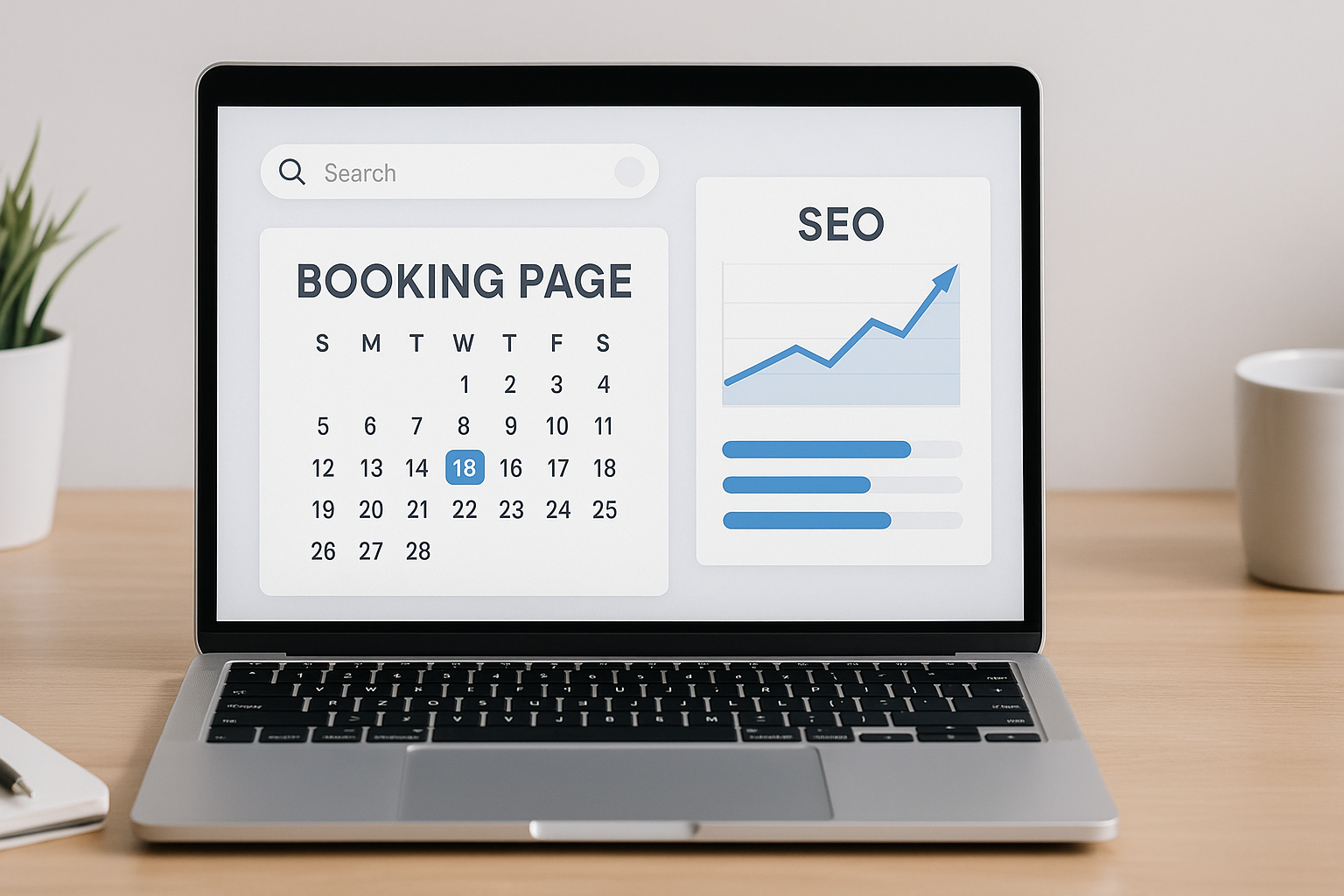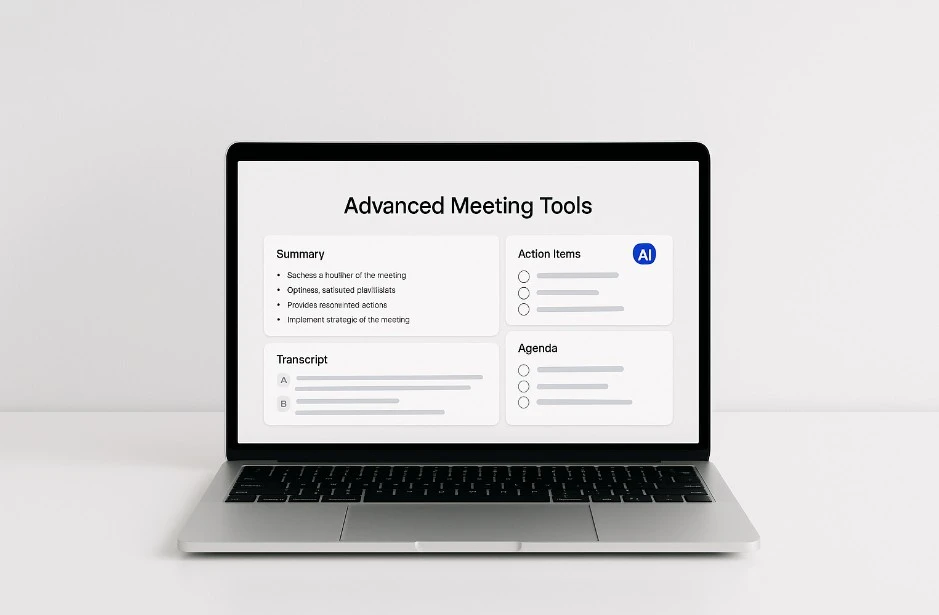A real estate website is a website that lists properties for sale or rent. It may be a standalone website or a part of a larger real estate company’s website. A real estate website typically has several key features that allow users to search for and find properties, contact the listing agent, and learn more about the property.
Below are 11 key features that any real estate website needs to have.
A Good Search Engine
As the saying goes, “the proof is in the pudding.” A good search engine is essential for any real estate website. This is because potential homebuyers will use the search engine to find properties that match their specific criteria. Without a good search engine, your website will be nothing more than a digital directory of homes for sale.
A good search engine should allow users to narrow their search by location, price, number of bedrooms and bathrooms, type of property, and other relevant criteria. Additionally, the results should be displayed in an easily-navigable format that allows users to quickly find the properties they are interested in.
Detailed Property Listings
Once a user has found a property they are interested in, they will want to know more about it. This is where detailed property listings come in. Your website should include detailed information about each listing, such as square footage, number of bedrooms and bathrooms, lot size, year built, asking price, and any special features or amenities the property has to offer.
In addition, each listing should include photos of the property, both inside and out. potential homebuyers should be able to get a good idea of what the property looks like before they decide to schedule a showing.
A Map Feature
A map feature is another essential component of any real estate website. This feature allows users to see exactly where a property is located in relation to other properties, landmarks, and points of interest.
A good map feature will also provide users with directions to the property, as well as information about nearby schools, parks, and shopping centers. This is valuable information for potential homebuyers who are looking for a specific type of property in a specific location.
A Mortgage Calculator
A mortgage calculator is a valuable tool for any real estate website. This feature allows users to input their desired purchase price, down payment, loan term, and interest rate to calculate their estimated monthly mortgage payment.
This is valuable information for potential homebuyers who are trying to determine how much they can afford to spend on a new home. It is also a good way to gauze someone’s interest in a property; if the monthly payment is too high, they may move on to another listing.
A Blog
A blog is a great way to keep your website updated with fresh, relevant content. You can use your blog to write about new listings, market trends, tips for buying or selling a home, and anything else that would be of interest to potential homebuyers.
Additionally, a blog is a great way to attract new visitors to your website. If you write interesting and informative articles, people will be more likely to visit your website when they are searching for information about buying or selling a home.
A blog is also, importantly, a way for you to showcase your expertise as an agent. If you want people to trust your ability to sell and buy homes for them, then you need to show them that you know what you’re talking about. A blog is a great way to do just that.
Testimonials
Testimonials are a great way to build trust and credibility with potential homebuyers, converting potential leads. If you have helped people buy or sell homes in the past, ask them to write a short testimonial that you can post on your website.
Include their name, city, and state to show that the testimonial is from a real person. People are more likely to trust someone who has been recommended by a friend or family member than someone they found through a search engine.
You might consider leveraging the power of video testimonial. This is an even more personal way to show off your happy customers, and it will help you stand out from your competition.
A Calendar Of Events
If you want people to use your website as a resource, then you need to provide them with information that they will find useful. A calendar of events is a great way to do just that – says George Beatty, founder of Problem Property Pals.
As mentioned by Scott Rubzin, founder at Tiffany Property Investment – You can use your calendar to list open houses, homebuyer seminars, and other events that would be of interest to potential homebuyers. This is a great way to keep people coming back to your website on a regular basis.
In Jason Ault, founder of Element Homebuyers experience – Your calendar can also be integrated with something like Google Calendar, so people can add your events to their own personal calendars. This is a great way to make sure that potential homebuyers don’t forget about your upcoming events.
An RSS Feed
An RSS feed is a great way to syndicate your content and get it in front of new potential homebuyers. If you have a blog, you can use an RSS feed to automatically send your latest articles to people who subscribe to your feed.
This is a great way to increase traffic to your website and get more people reading your content. It is also a good way to build rapport with potential homebuyers; if they see that you’re regularly providing them with helpful information, they’ll be more likely to trust you when it comes time to buy or sell a home.
A Contact Form
A contact form is an essential component of any real estate website. This is how potential homebuyers will get in touch with you to ask questions or schedule a showing.
Your contact form should include fields for the potential homebuyer’s name, phone number, email address, and a brief message. You should also include a privacy policy to let potential homebuyers know that their information will be kept safe.
Your contact form is going to be one of the primary ways by which you keep track of and reach out to leads about upcoming events (e.g., open homes) you are hosting.
A Call To Action
A call to action is a brief statement that encourages people to take a specific action. On a real estate website, your call to action should be to contact you to learn more about buying or selling a home.
Your call to action should be clear and concise, and it should be placed in a prominent location on your website. If you want people to take action, you need to tell them exactly what you want them to do.
A Mobile-Friendly Design
A mobile-friendly design is essential for any real estate website. More and more people are using their smartphones and tablets to access the internet, so it is important that your website can be easily viewed on these devices.
Make sure your site is designed to be easily navigated on phone browsers. This is known as responsive design and it’s something that you should make sure your website has.
Conclusion
These are just a few of the essential components that any real estate website needs to have. If you want your website to be successful, it is important to make sure it has all of the information and features that potential homebuyers are looking for.








